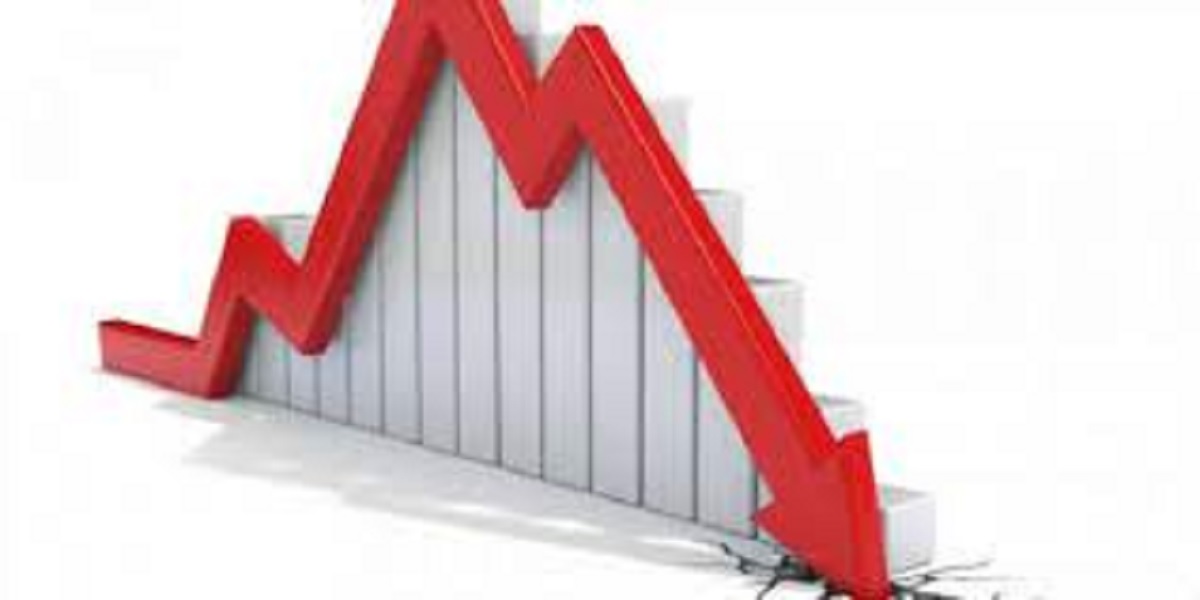Year-on-year inflation fell for the 4th month running to 41.2% in April 2023, from 45% in March 2023, extending the disinflation process since January 2023.
According to the Ghana Statistical Service, both food inflation and non-food inflation dipped last month.
This slump in inflation could compel the Bank of Ghana to keep its policy rate unchanged at 29.5% when the Monetary Policy Committee begins its 112th Meeting on May 17, 2023. However, the cost of credit still remains expensive as average lending rates hover around 35%.
According to the figures, food inflation went down to 48.7% in April 2023, from 50.8% in March 2023, whilst non-food-inflation declined to 35.4% in April 2023, from 35.4% in March 2023.
Also, inflation for locally produced items stood at 38.2%, whereas inflation for imported items was 43.1%.
Five groups recorded inflation higher than the national average. They were Housing, Water, Electricity, Gas and Other Fuels (59.0%); Furnishing, Household Equipment and Routine Household Maintenance ( 56.3%); Food and Non-Alcoholic Beverages ((48.7%); Personal Care, Social Protections and Miscellaneous Goods and Services (48.5%) and Transport (42.5%).
For the month-on-month, inflation stood at 2.4% in April 2023. Food and Alcoholic Beverage however recorded the highest inflation of 4.3%, whilst non-food inflation was 0.7%.
Volta region records lowest inflation of 28%
The Volta region continued to record the lowest inflation among the the regions. It recorded 28.0% year-on-year inflation in April 2023.
On the other hand, the Western North region registered the highest inflation of 64.0%
Ghana’s populous regions – Ashanti and Greater Accra recorded inflation of 31.3% and 39.1%.

